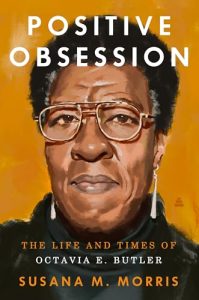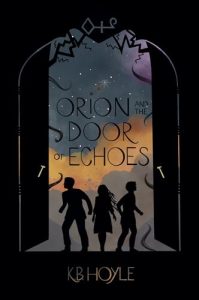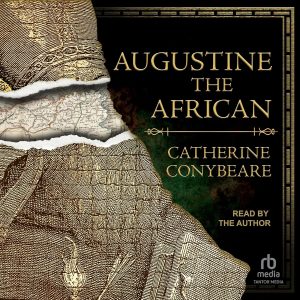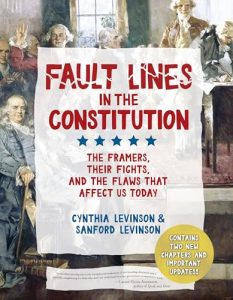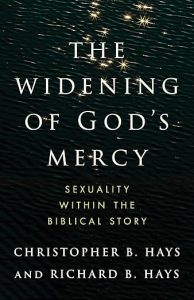 Summary: An exploration of God’s mercy and the ways that God seems to change.
Summary: An exploration of God’s mercy and the ways that God seems to change.
One of the reasons that I like to read widely is that I learn things in one area that has relevance to another area. That always means that I am potentially drawing inappropriate conclusions because I don’t know enough about multiple things to be an expert, and that if I knew more, I might not draw the same conclusion.
One of the areas that I have been fairly interested in recently is law, especially Supreme Court legal theory. Part of what interests me about that is that in some ways it is the study of Hermeneutics, but through a secular lens. I am a very avid listener of Advisory Opinions, a legal podcast. They primarily cover high level legal theory, more than working out individual cases. One of the things that is emphasized in legal theory is the limiting principle. Because so many concepts in law are not universally true at all times, the concept of the limiting principle tries to map out what the limits of the use of that concept is.
Right now, there is a discussion about the Unitary Executive. There are different versions of this concept, but overly simplistically, the Unitary Executive theory is that all of the power of the Executive Branch is vested in the single figure of the President. So there can’t be independent areas within the executive branch because there is only one president at a time. But that idea runs up against the concept of the limiting principle. Even in earlier generations, no one can really operate in all areas of the executive. There are some areas of expertise where we want career experts not just political appointments. There are other areas, like corruption investigations, where without some level of independence, the executive branch cannot do the job it has been tasked with.
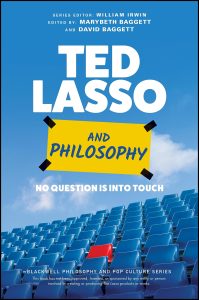
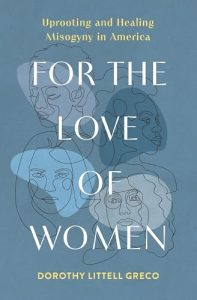

 Summary: A theological novel about a woman grappling with God about her life.
Summary: A theological novel about a woman grappling with God about her life. 